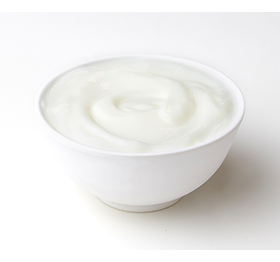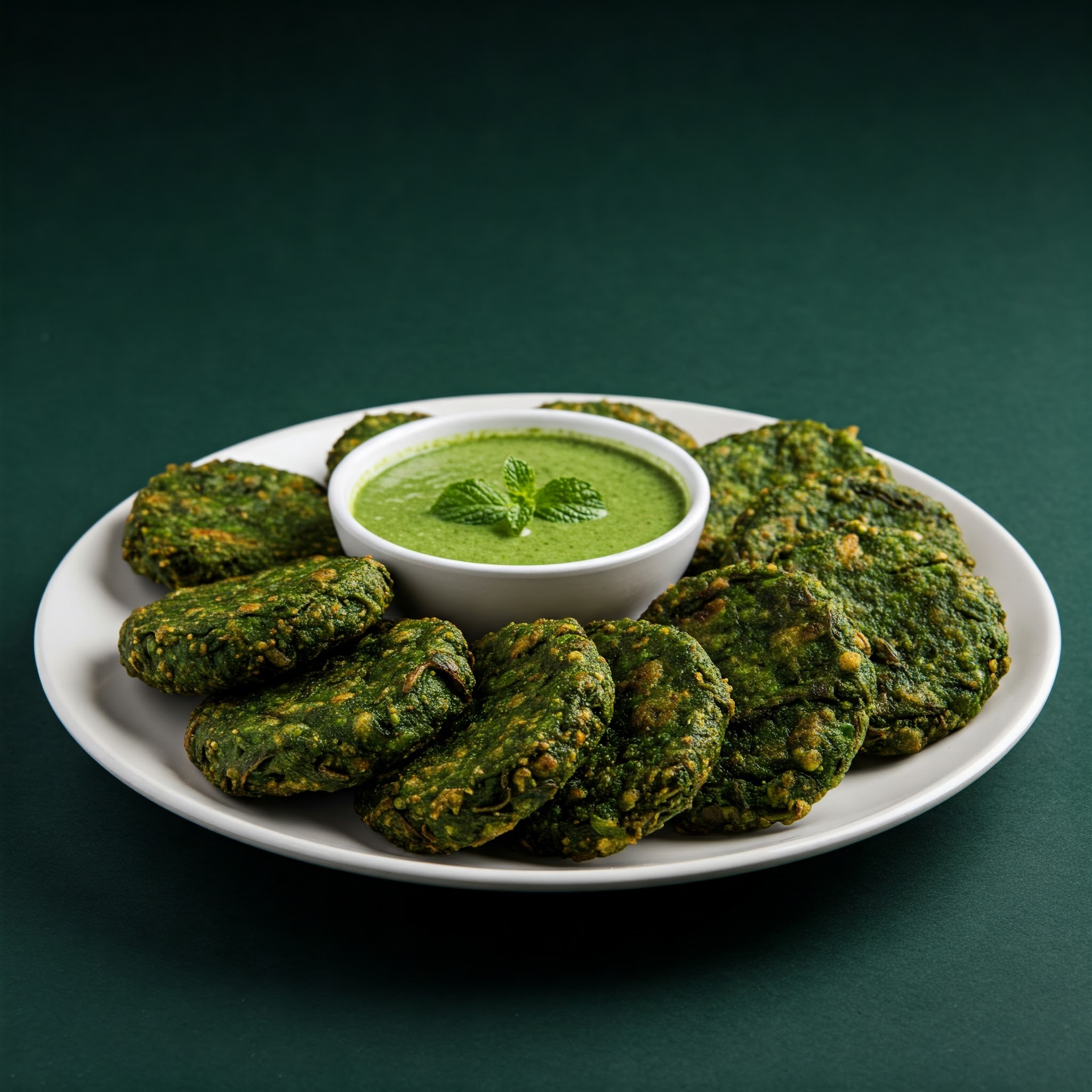Curd (दही)
Dahee

About Curd
Yogurt
Yogurt is another very ancient food, Yogurt is essential dairy product and Definition of yogurt is milk product obtained by fermentation of milk specific microorganism’s. It provide Protein and Calcium. Low-fat yogurt could be useful source of protein for weight-loss diet.
- Yogurt can help improving bone health
- Yogurt also helps in improving digestion
- Yogurt are Rich in Important Nutrients (Phosphorus, B12, Riboflavin, Potassium, Vitamin D, calcium etc)
- High in Protein
- Strengthen Immune System
Yogurts, with high quantities of added sugar and other ingredients are generally not beneficial. You should always look for the label to check quantity of added sugar in it.
There are various varieties of Yogurt available in the market, some of them are listed below. Types of Yogurt mainly depends on type of milk (skimmed, semi-skimmed OR whole) used for making yogurt
- Low fat OR non-fat
- Kefir
- Greek yogurt
- Frozen Yogurts
- Non Dairy Yogurt ( Soy Yogurt and Coconut Milk Yogurt )
Curd is an essential part of many diets, valued for its nutritional benefits and versatility. It is a rich source of protein, calcium, and probiotics, which support digestive health and boost immunity. Curd can be used in various culinary applications, from cooking to baking, and is a popular accompaniment to many dishes. Its ability to enhance flavors while providing health benefits makes it a valuable addition to a balanced diet.
How to Store Curd
To store curd effectively, first ensure that it is kept in a clean, airtight container to prevent contamination and odor absorption. Place the container in the refrigerator immediately after use, as curd is sensitive to temperature changes. It's best to use glass or food-grade plastic containers, as they are non-reactive. Avoid leaving curd at room temperature for extended periods to prevent spoilage. If you notice any separation or whey on the surface, gently stir it before use. For longer storage, consider freezing curd in small portions, allowing it to thaw in the refrigerator when needed.
Shelf Life of Curd
Curd typically has a shelf life of about 1 to 3 weeks when stored in the refrigerator. Ensure it’s kept in an airtight container to maintain freshness and prevent contamination.
How to Check Curd Before Buying
When buying curd from a local vendor, start by examining its appearance. It should be smooth, creamy, and free of any lumps or excessive whey. Check the color; fresh curd is usually a pale white or light yellow, depending on the milk used. Smell the curd; it should have a pleasant, slightly tangy aroma, not sour or off-putting. Taste a small spoonful if possible, ensuring it has a fresh and mild flavor.
Packaging is also important; opt for curd in clean, airtight containers to prevent contamination. Always check the expiry date and choose curd made from fresh milk for the best quality.
While buying in bulk can be economical, consider your consumption rate. Curd has a limited shelf life, so only purchase what you can consume within a week. If you buy in bulk, ensure proper storage in the refrigerator to maintain its freshness.
Explore
Explore our services and take your business to the next level.
Recent Posts

Kuttu Aloo Ki Poori is a delightful addition to your weekly meal plan, offering...

Paneer Missi Roti is a nutritious and delicious addition to your weekly meal pla...

Bajra Paratha is a perfect addition to your weekly meal plan, offering both flav...

Halwa is the perfect addition to a balanced weekly menu, offering both taste and...

Spinach Kuttu Pakode are a fantastic addition to your weekly meal plan, offering...
Ready for a Healthier You?
Take control of your wellness! Get a customized meal plan that fits your lifestyle. It's time to eat smarter, feel better, and transform your life!
Get Your Plan Now!Already a member? Login and start now!
Nutrition Facts
Serving Size:
Servings Per Container: 1
| Amount Per Serving | ||
|---|---|---|
| Calories | 61 | |
| Fat | ||
| Saturated Fat | ||
| Trans Fat | ||
| Cholesterol | 13 | |
| Sodium | 50 | |
| Carbs | 4.7 | |
| Fiber | ||
| Sugar | 3.2 | |
| Protein | 10 | |
| VitaminD | ||
| Calcium | 110 | |
| Iron | .1 | |
| Potassium | 150 | |
* Percent Daily Values are based on a 2000 calorie diet.
* Percent Daily Values are based on a 2000 calorie diet.

